The Feud Resumes: Nicki Minaj vs. Cardi B — A Symbol of Gendered Conflict in Hip Hop
In parallel to executive drama, the rap world remains riveted by the renewed feud between Nicki Minaj and Cardi B. Their online clash reignited in late September 2025, shortly after Cardi’s album Am I the Drama? debuted at number one. Minaj criticized the album’s pricing and implied Cardi’s sales were inflated, then deleted some posts; Cardi fired back by referencing Minaj’s family and accusing her of comparing unfairly across generations in music. AllHipHop+6EW.com+6Indiatimes+6
What’s striking — and troubling — is how the discourse quickly shifted to personal territory. Both sides dragged each other’s children and loved ones into attacks, illustrating how fierce and raw these battles have become. Indiatimes+3AllHipHop+3EW.com+3 Minaj also took jabs at the album’s price point, calling attention to value comparisons; Cardi responded by asserting Minaj should compare herself to artists from her own era, not younger ones. EW.com
These exchanges are far from isolated. The feud has deep roots: their tensions have simmered since the “Motorsport” controversy in 2018, when questions surfaced about credit and respect. Over the years, they’ve traded subliminal jabs in lyrics, interviews, and social media — a “cold war” more than an outright diss-track battle until now. AllHipHop+3Flavor365+3worldwideentertainmenttv.com+3
Critics and fans alike are concerned: the level of hostility doesn’t just produce drama, it reinforces a narrative that women in hip hop must fight each other to win attention, that only one can occupy the spotlight at a time. In the words of one media commentator, these feuds suggest an unhealthy “scarcity mindset” — that there’s room for only one queen, rather than an ecosystem of many. Flavor365+2Rolling Out+2
Cardi herself has spoken candidly on the issue. In a Billboard cover story, she called out the culture of rivalry among female rappers:
“These b—s be catty.” Billboard
Her remark points to a broader problem: conflicts between women often get blown up in the media, while tensions between male artists—though not harmless—rarely get the same level of personal dissection.
Supporters of Cardi have also defended her impact. For instance, rapper Ice Spice recently said Cardi’s success helped reignite hope for women in rap, especially at a time when Nicki’s dominance felt like an insurmountable mountain. AllHipHop
Why It Matters: Bigger Stakes for Women in Hip Hop
The resurfaced beef between Nicki and Cardi—and the vitriol it unleashes—carries consequences beyond celeb gossip. It reinforces notions that female artists must compete rather than collaborate, that their stories are more about drama than artistry. And in doing so, it can push female rappers to choose between public persona and personal boundaries.
When media outlets focus on the feud’s salacious details — insults about family, marriage, motherhood — they often overshadow substantive discussion of the women’s music, craft, or social impact. Female artists become fodder for spectacle rather than being celebrated for innovation or influence.
Moreover, newer female rappers—especially those navigating in Minaj’s and Cardi’s wake—face a landscape already primed to pit women against one another. The constant comparisons and pressure to “pick sides” risk undermining community and stifling collective progress.
Against that backdrop, the contrast with Spotify’s executive issues is revealing. Just as the streaming platform’s leadership changes expose debates over power, ethics, and long-term vision in music, the Minaj-Cardi feud exposes struggles over legacy, gatekeeping, and respect in a space still grappling with its gender dynamics.
Looking Ahead
-
Will Spotify’s new leadership be able to rebuild trust with artists and address the deeper concerns around AI, equity, and ethical investing?
-
Can women in hip hop resist media pressure to be pitted against each other and instead forge alliances, mentorships, and collaborations?
-
Will future female rappers be judged on rivalries or the richness of their art?
At a moment when streaming platforms and female voices alike are under scrutiny, the choices made now—by executives, media, and artists themselves—may shape how we define value, respect, and power in music for years to come.
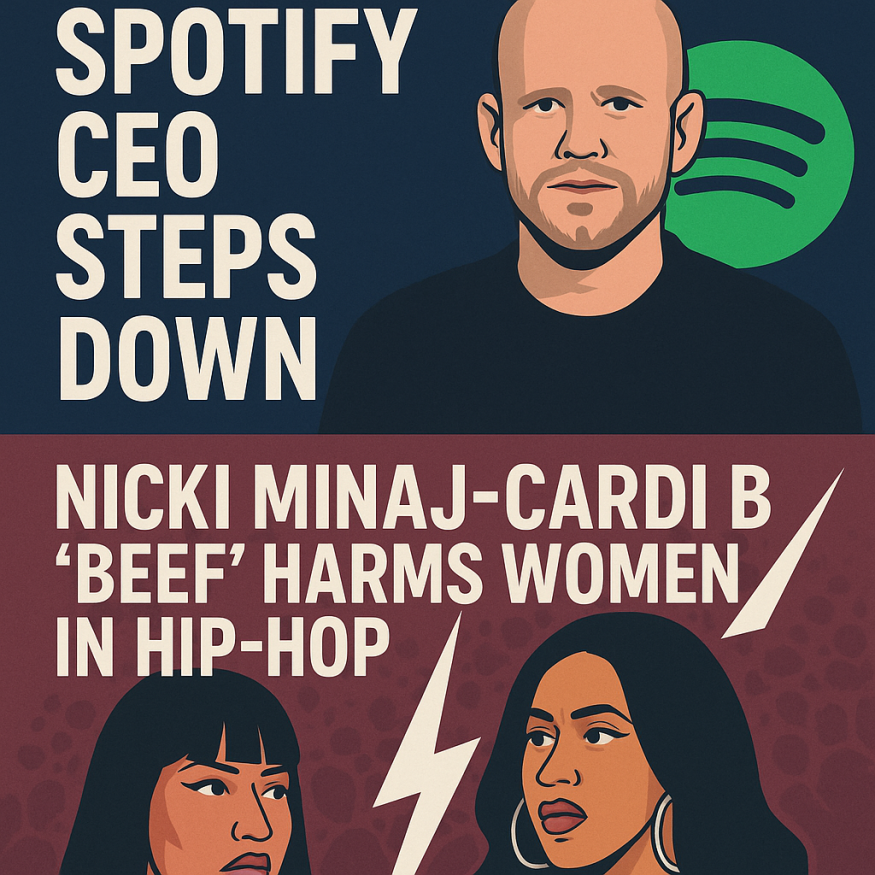

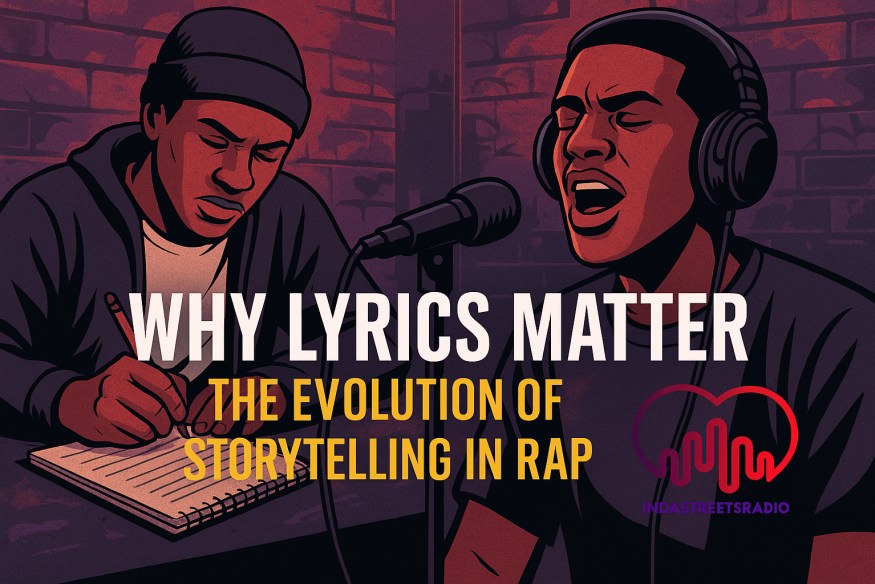

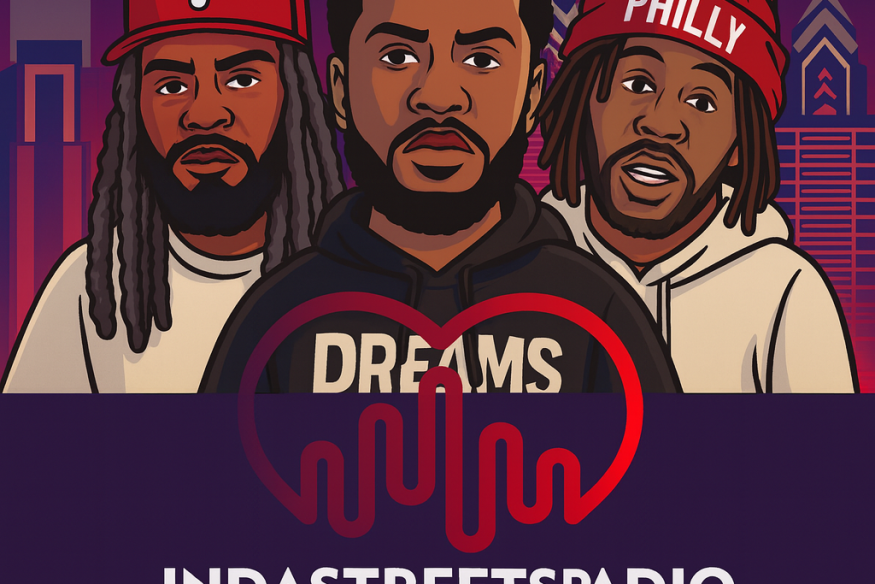
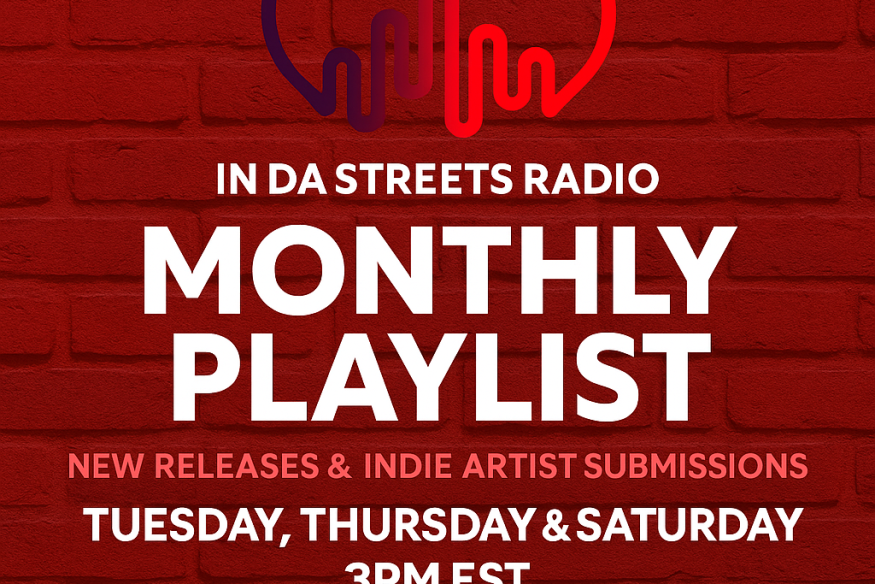




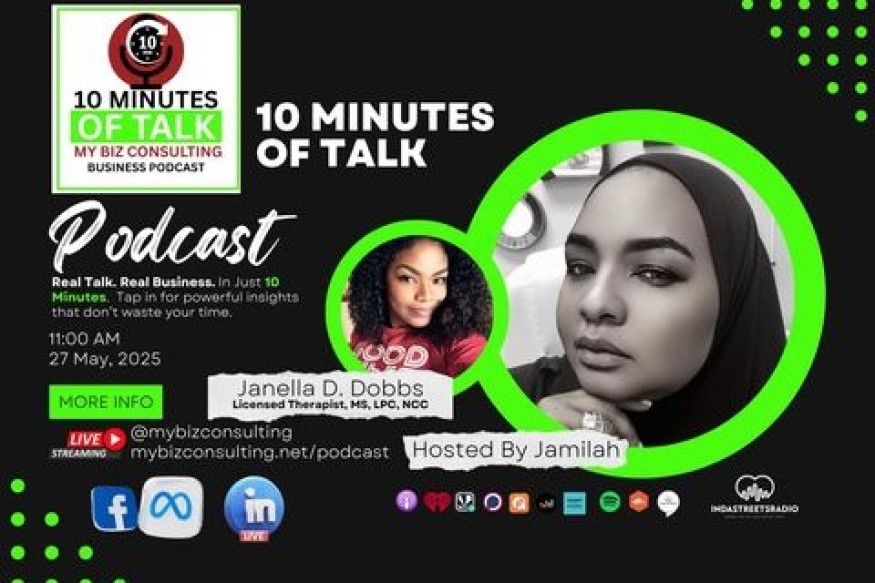

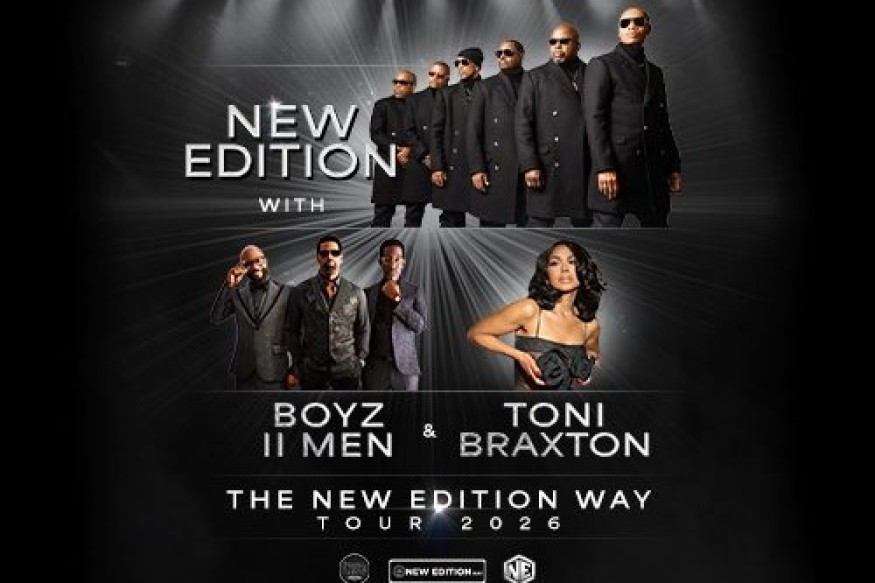
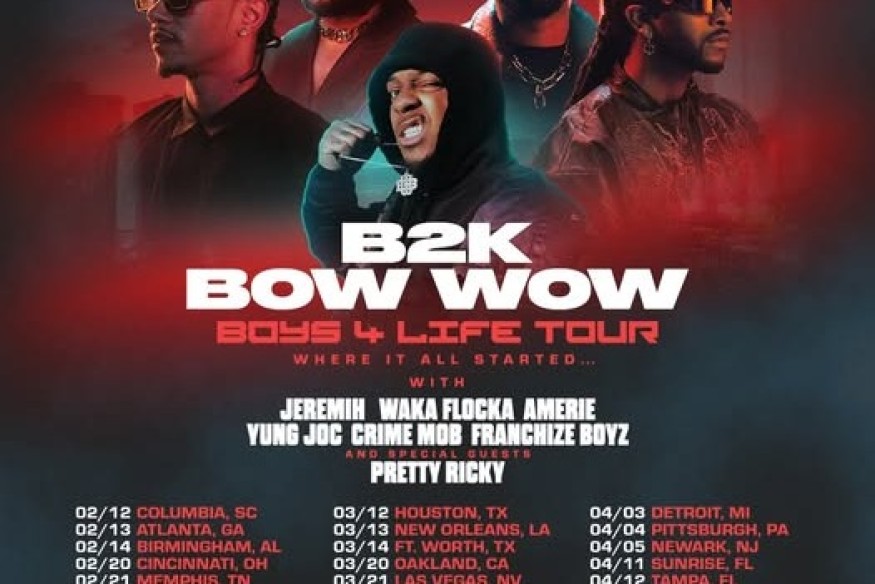



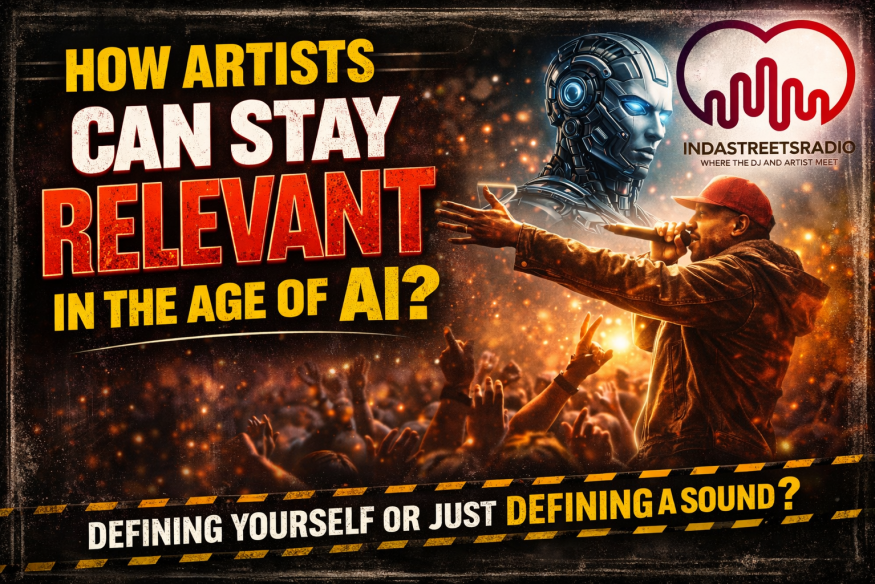
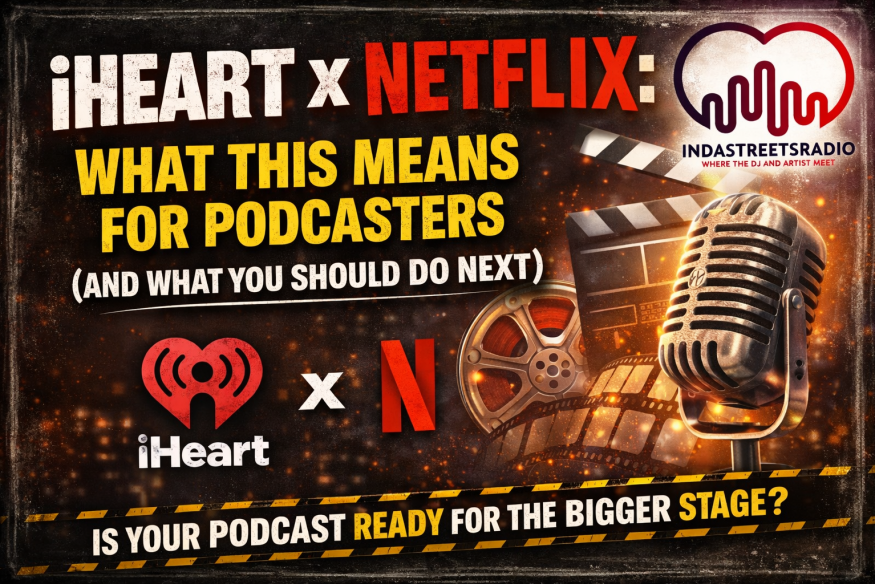
















Comments(0)